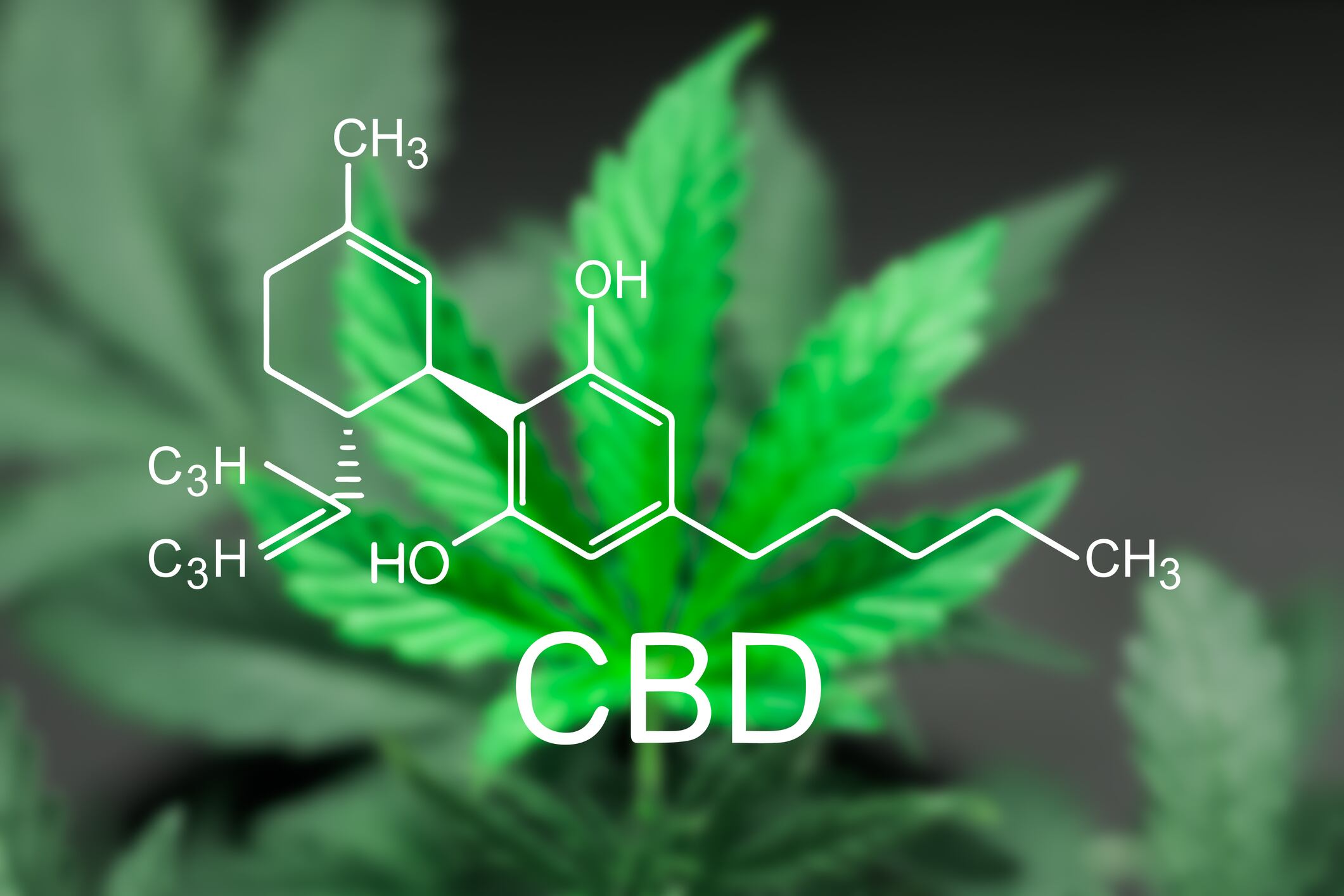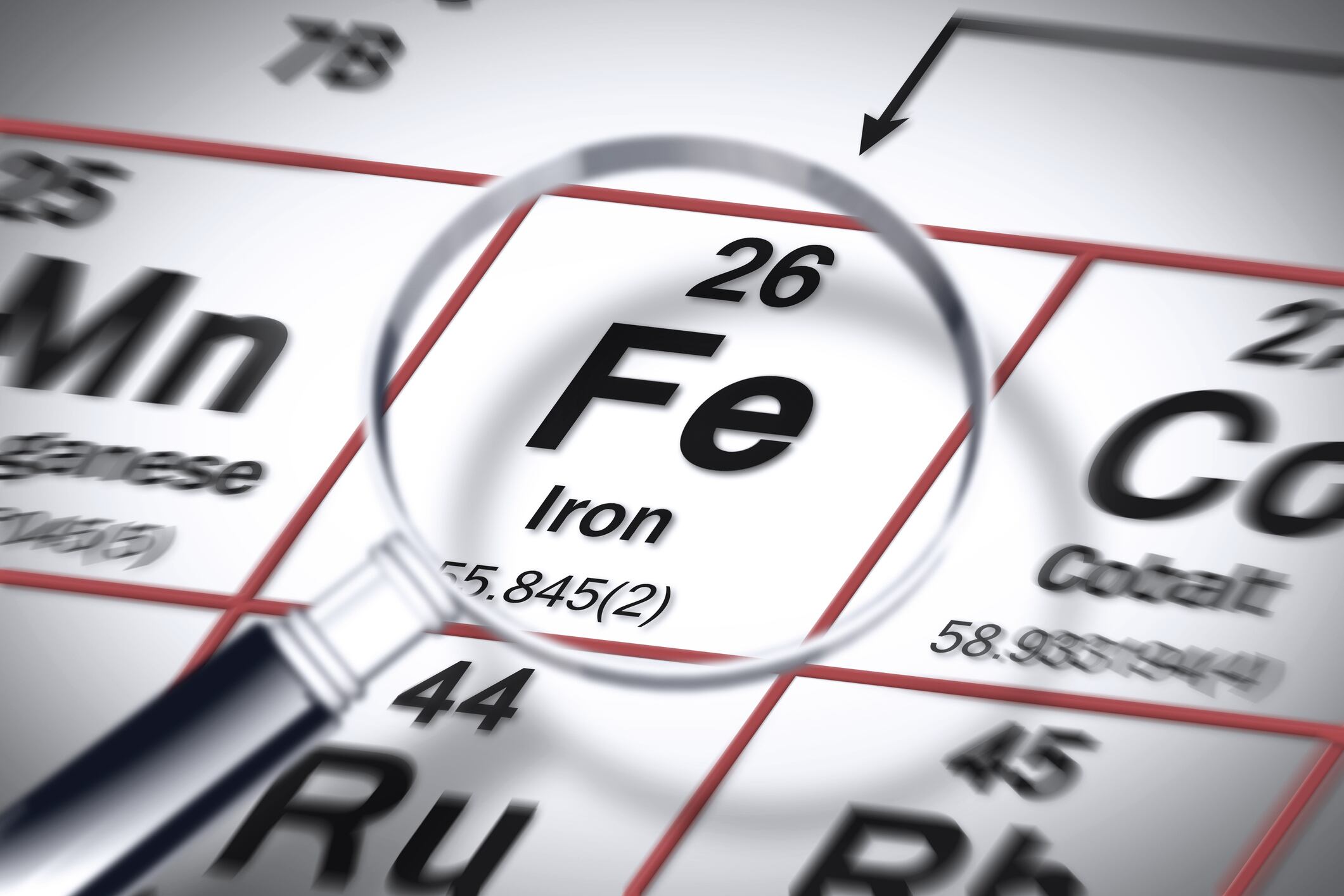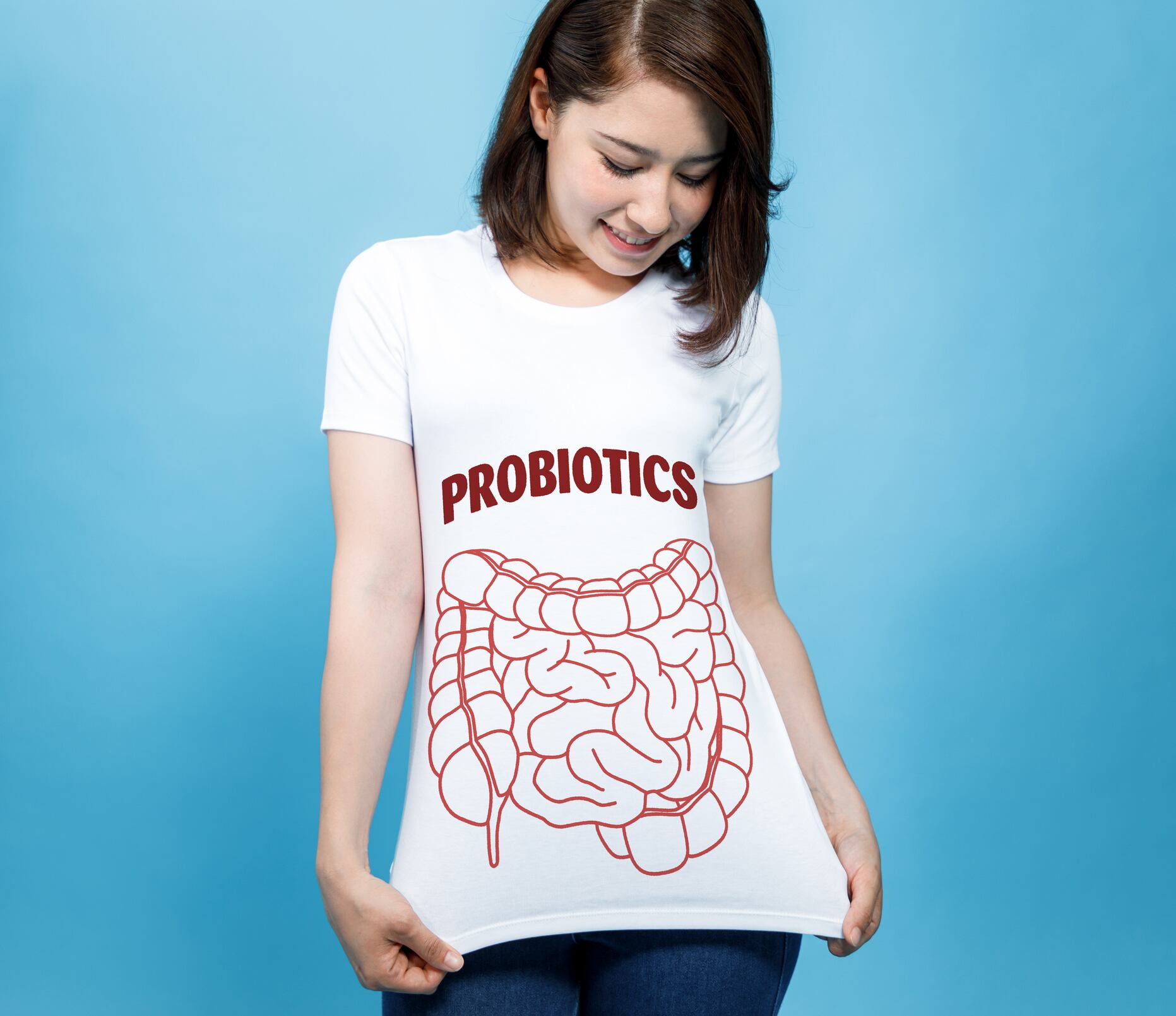USA
Viome acquires Habit
There was big news in the personalized nutrition space this week when Seattle-based Viome announced it had entered into an agreement to buy fellow personalized nutrition company Habit from Campbell Soup Company
The news was heralded by experts in the category as “a major step forward for personalized nutrition”.
Viome makes personalized food recommendations based on a person’s microbiome, while Habit develops nutritional recommendations based on an individual’s biology, metabolism and personal goals.
Commenting independently on the news, Jeffrey Bland, PhD, President of the Personalized Lifestyle Medicine Institute (PLMI), welcomed the news, telling our US edition: “The report of the acquisition of Habit by Viome I believe to be an important bench mark in the evolution of the personalized nutrition field.
Nutranext a shining light for Clorox
Nutritional product brands continue to drive strong results for Clorox, with the contribution of its Nutranext segment offsetting drops in other categories.
Clorox acquired Nutranext for $700 million in early 2018, thereby obtaining well-known brands such as Rainbow Light and collagen brand Neocell.
Results from its second quarter showed that sales in Clorox’s Lifestyle division increased 25%, and reflected a 13% pretax earnings increase. The division includes NutraNext and Renew Life (which it acquired in 2016) as well as the Burt’s Bees personal care brand.
“In our Lifestyle segment, we grew sales in every single business. Segment sales grew 25% in Q2, mainly reflecting the Nutranext acquisition, which added about 21 points of benefit. Integration is going well with our flagship brands recently gaining national distribution at several major retailers,” said Lisah Burhan, vice president of investor relations.
For more on this news, please click here.
Europe
EFSA reclassifies CBD as a Novel Food

There are not many ingredients that are attracting the attention of cannabidiol (CBD). With sky-rocketing interest from industry and consumers, the European Food Safety Authority (EFSA) has reclassified CBD as a Novel Food.
Despite not being an official ruling, the recently-added submission to the Agency’s Novel Foods catalogue for the term ‘Cannabinoids’ states, “…extracts of Cannabis sativa L. and derived products containing cannabinoids are considered novel foods as a history of consumption has not been demonstrated.
“This applies to both the extracts themselves and any products to which they are added as an ingredient (such as hemp seed oil). This also applies to extracts of other plants containing cannabinoids. Synthetically obtained cannabinoids are considered as novel.”
A final opinion is expected from March 2019. For more on this, please click HERE.
Asia
Nestlé’s new iron fortification tech

The World Health Organization (WHO) has stated that iron deficiency anemia, which affects about 1.5 billion people globally, is one of the most severe nutritional deficiencies globally with women and infants notably at risk.
With an eye on the need for a solution, food giant Nestlé has acquired a new food fortification technology developed by researchers in New Zealand to boost iron intakes.
The technology, called Ferri Pro, is a novel protein-iron complex that uses food-grade materials and a unique processing method to fortify certain foods without negatively affecting product quality.
A spokesperson for Nestlé told our Asian edition: “Typically, other forms of iron when added to products may interfere with the taste and color, which can negatively impact consumer acceptance.
“While FerriPro is still under development, the initial results from the research done by scientists at the Riddet Institute Centre of Research Excellence (CoRE), Massey University, are positive and show good bioavailability.”
Kerry’s probiotic plans for APAC

Kerry is planning to boost its APAC probiotics businesses by emphasizing its shelf-stable probiotics (GanedenBC30) and conducting local clinical research.
The Irish company is already supplying probiotics for manufacturers in China, India, Singapore, Thailand and Japan, which are being used in a wide range of products, including juice, tea, whey protein powder, and sachet.
Brian Nevin, business development director for Kerry APAC told NutraIngredients-Asia: “The challenges in APAC surround temperature humidity and refrigerated supply chain. When we talk to customers across APAC, we talk about new ways to deliver probiotics in different formats that are very stable
“(We will show that) working with our probiotics enable to work in certain applications and temperature, which opens up new potential in Asia.”




